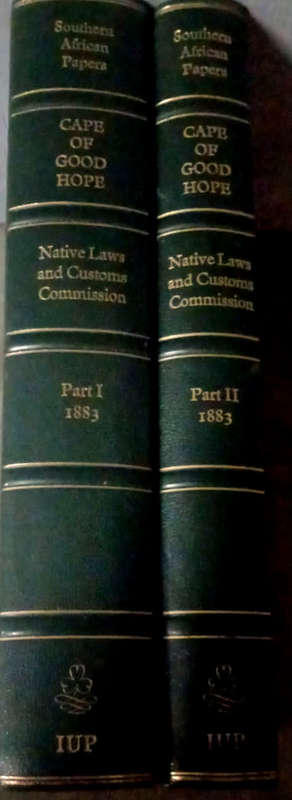
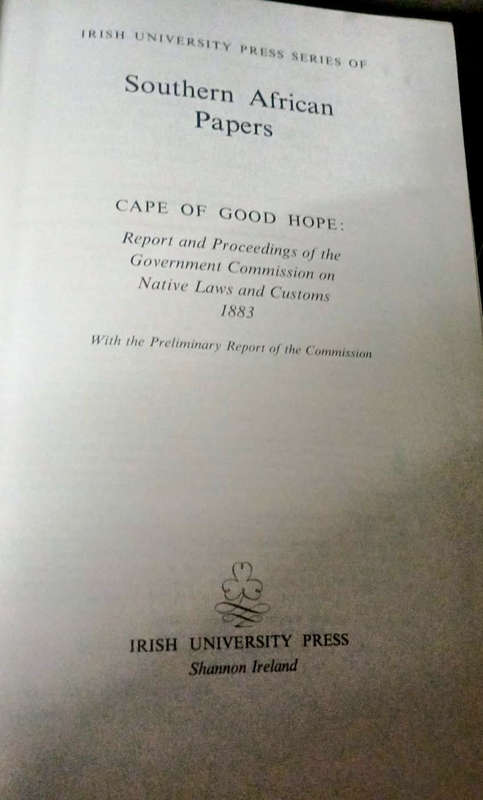
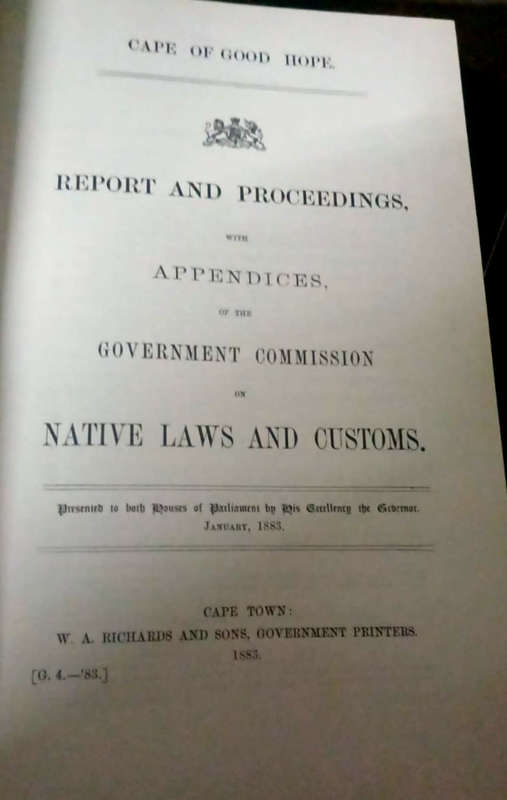
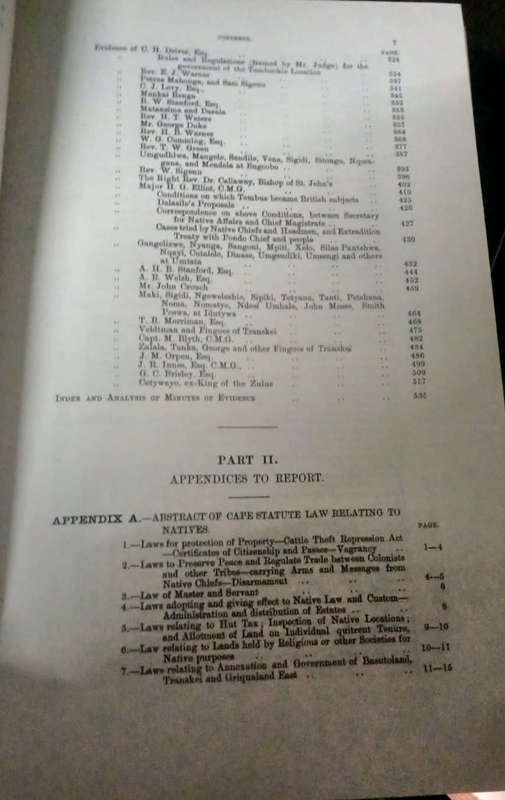
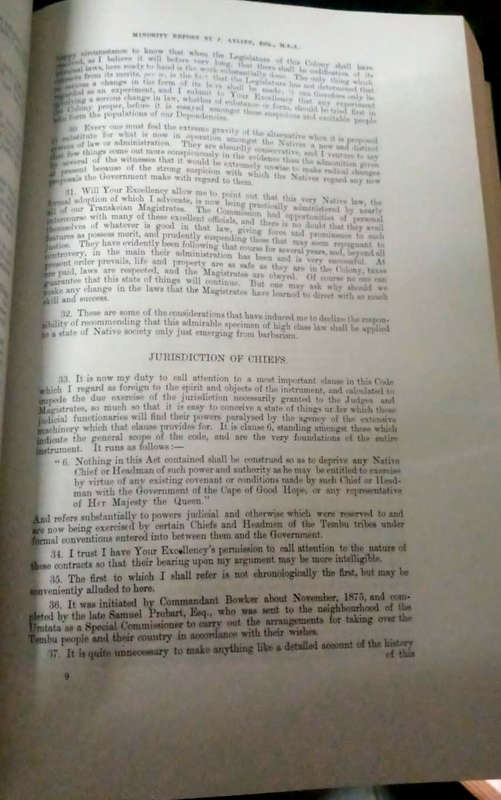





Native Laws and Customs, Cape of Good Hope (1883) (two volumes)
Check my rate
| Main centres: | 1-3 business days |
| Regional areas: | 3-4 business days |
| Remote areas: | 3-5 business days |










| Main centres: | 1-3 business days |
| Regional areas: | 3-4 business days |
| Remote areas: | 3-5 business days |
Irish University Press, 1970, two volumes, hardcovers, folio size(20.6 cms x 31.6 cms x 10.4 cms, , condition: as new.
Irish University Press Series of Southern African Papers, Cape of Good Hope: Report and Proceedings of the Government Commission on Native Laws and Customs, 1883. With a Preliminary Report of the Commission.
Towards the end of the 19th century racial and embryonic national categories were created and contested in South Africa in a public discourse that was ostensibly more to do with the differences that existed in the sex and gender codes of Africans and Europeans. This occurred especially within the hearings surrounding the 1883 Commission on Native Law and Custom instituted by the Cape colonial government. This commission was meant to examine the attitudes of Fingo, Xhosa and Thembu men from the Eastern Cape in positions of authority, towards a range of African practices and customs mostly to do with sexual norms and the nature of relations between the sexes. The commissioners tended to regard these customs as retrogressive, comparing them unfavourably with European gender norms. By contrast, African men maintained a staunch defence of customary practice. This led to dissent between the commissioners and the witnesses over the relative value of practices such as circumcision, initiation, female choice in marriage, 'lobola' (bridewealth), and polygamy.